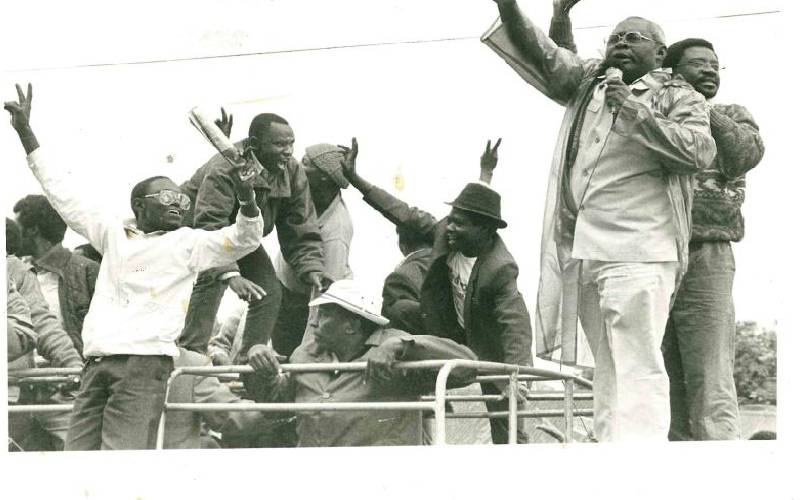 After multi-party system and new constitution struggles, Kenya's next big agenda is implementing the Constitution, delivering effective devolution for inclusive development, guaranteeing economic security and quality service for all, and gender equality. This is crucial and needs strong voices and organised opposition.
After multi-party system and new constitution struggles, Kenya's next big agenda is implementing the Constitution, delivering effective devolution for inclusive development, guaranteeing economic security and quality service for all, and gender equality. This is crucial and needs strong voices and organised opposition.
True democracy thrives when there is credible opposition. Otherwise, there are likely to be adverse effects, including policies that are not suitable for a diverse nation as Kenya or in the worst case, political authoritarianism would emerge.